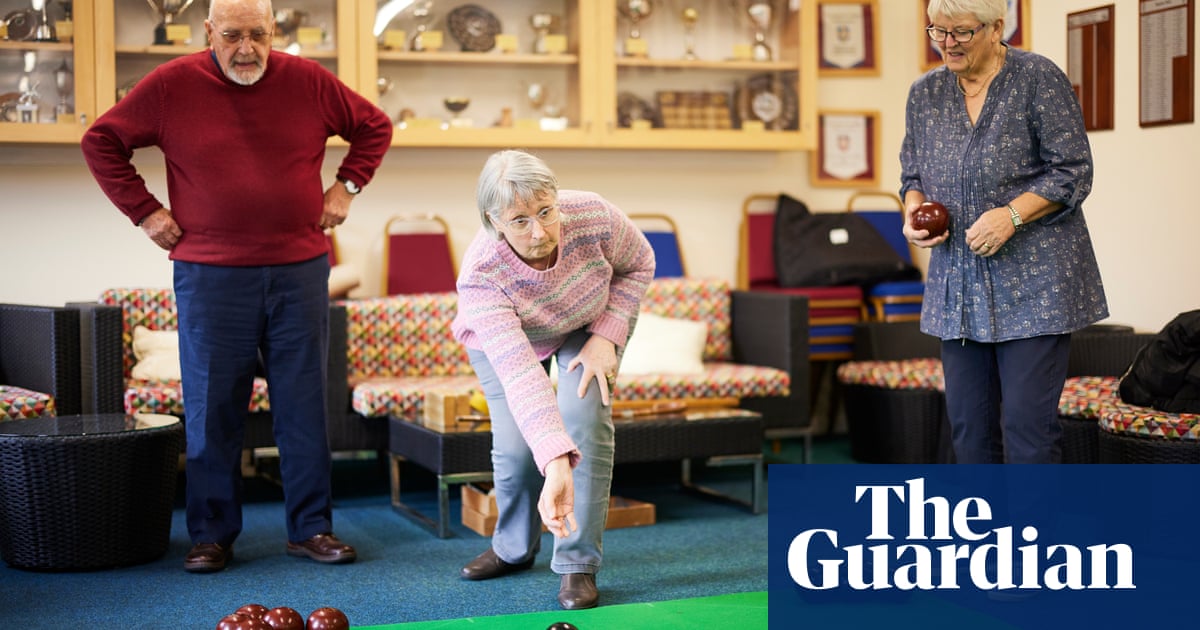
With soaps arriving back on ours screens after their coronavirus hiatus, producers have been working hard to incorporate the pandemic into plotlines. This has been done typically with small references to social distancing or characters shielding, but EastEnders is set to tackle something more harrowing: the rise in domestic abuse during lockdown. Today it was revealed that viewers will see the young hairdresser Chantelle Atkins be killed by her husband, Gray.
Since the Atkins’ arrival on Albert Square last year, Chantelle (Jessica Plummer) has been subjected to mental and physical abuse by her husband. When the show picks up this week, viewers will learn that this abuse has worsened during lockdown, as Chantelle has been trapped at home with her abuser. She makes the decision to file for divorce, but is murdered as she tries to escape.
It sounds brutal and the scenes will undoubtedly be difficult viewing, even though the episode in question will be broadcast before the watershed, limiting the violence that can be shown. But it is all the more harrowing because we know the storyline reflects reality. An investigation by Panorama and Women’s Aid last month found that the coronavirus crisis has dramatically increased domestic violence against women in the UK, with two-thirds of women in abusive relationships having suffered increased violence from their partners during the pandemic. The scale of this is staggering. More than 40,000 calls and contacts were made to the National Domestic Abuse Helpline during the first three months of lockdown.
Throughout the Atkins storyline, producers have carefully portrayed behaviour we know runs through real abuse. Gray is shown to be controlling – stopping Chantelle from working and, later, putting a tracker on her car – and makes false promises to change. Neighbours and family members remark about what a wonderful husband and father he is as his wife covers her bruises. It has perfectly encapsulated the reality of what goes on behind closed doors: scenes play of Chantelle being beaten, while her family across the road have no idea.
The decision to reflect the impact of the pandemic in the direction of the storyline is equally fitting. Just like Chantelle, many victims fled after isolation measures ended. In the first week of July, as lockdown lifted, Refuge saw a 54% rise in women contacting its helpline needing refuge emergency accommodation, compared with the last week in June.
Soaps, by definition, have a sense of escapism to them, but they are at their most powerful when portraying a timely social issue. Adapting Chantelle’s plot to mirror the experience of real women in lockdown – a lockdown all viewers have lived through – brings her suffering home in a way a normal story arc could not. Chantelle is not simply a character; she is a reflection of real women. Walford could be our borough, the Vic she drinks in our local.
This is why the decision to have a fatal end to Chantelle’s abuse is particularly unflinching. Domestic violence is a well-covered topic in soaps, but it is unusual to see a character die. Some escape and go on to have a happy ending with a new love interest. Several domestic abuse storylines – such as EastEnders’ Little Mo and Trevor, and Geoff’s coercive control of Yasmeen in Coronation Street – have ended with the victim attacking the abuser. Such events may be cathartic for the viewer, but Chantelle’s fate is, painfully, more realistic.
There have been complaints on social media about the “spoiler” of Chantelle’s death, but producers release this information early for a reason: they are aware these events are not abstract drama, but a reality many viewers have experienced, or are still experiencing. It is a warning of what is to come – so that viewers can steel themselves for it.
As well as providing entertainment, soaps have a unique role in the public education of social issues. While a government domestic abuse awareness campaign can sit in the background, shows such as EastEnders have the power to bring the murder of a young woman into our living rooms. Viewers have spent a year getting to know Chantelle, four times a week. We have seen her play with her kids, laugh in the pub, hug her mum. And now we will watch her die. These are the moments that bring statistics to life. Sometimes fiction is all too real.
In the UK, Samaritans can be contacted on 116 123 and the domestic abuse helpline is 0808 2000 247. In Australia, the crisis support service Lifeline is on 13 11 14 and the national family violence counselling service is on 1800 737 732. In the US, the suicide prevention lifeline is 1-800-273-8255 and the domestic violence hotline is 1-800-799-SAFE (7233). Other international helplines can be found via www.befrienders.org












